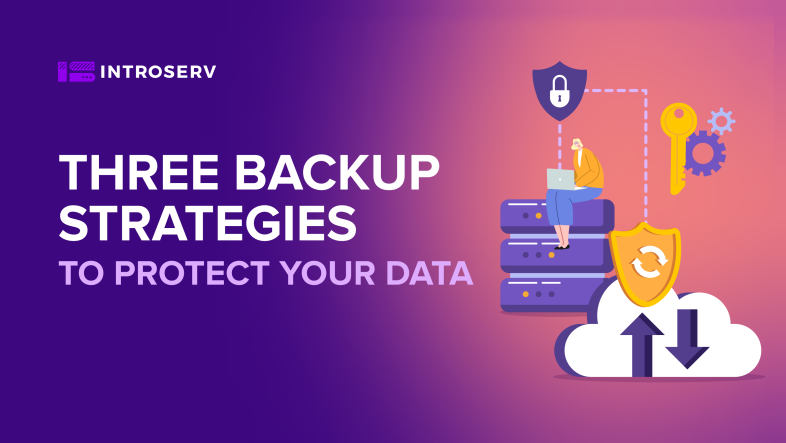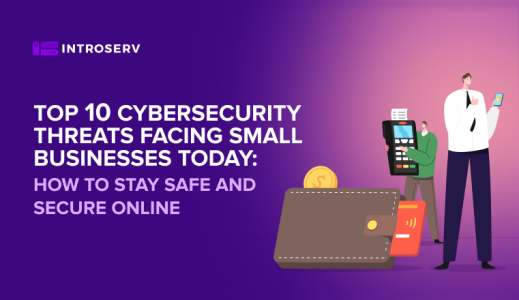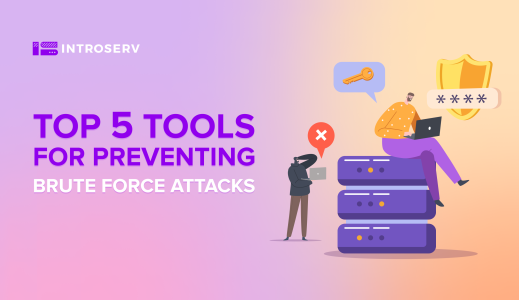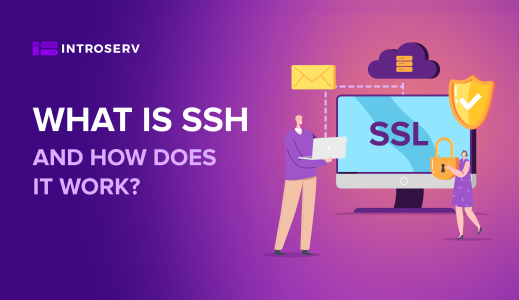Imagine the situation: You've invented and developed an ingenious app that attracts many new customers every day.
Of course, you're pleased with yourself. Why wouldn't you be? Your business is thriving, everything seems to be going well, you're enjoying the fruits of your labor and watching people leave positive feedback about your brand online. Yet one day, an unknown bug appears in the code of your app that causes data loss in some versions of the app. This bug starts deleting images and other attachments under certain conditions.
You do everything you can to recover the data, but despite the money and effort invested, sooner or later you have to face the truth, and accept the fact that the data is lost forever.
The situation described sounds like a nightmare. A scenario like this makes it seem like it would never happen in real life and to a real company.
Well, you could be wrong. This is exactly what happened at Evernote, and the company had to explain to its users why much of their thesis work had mysteriously disappeared irrevocably.
It's not a very good situation, is it?
As you can imagine, it was not easy for the company to explain itself to all of its customers. The loss of data was stressful for many users, and many of them, extremely unhappy about what happened, instantly decided to delete their Evernote accounts. Then move their data to another application.
The Evernote case is just one of many. In fact, there are thousands of examples of data loss online. It may seem that only irresponsible businesses can "lose" some of their information, but the sad truth is that no one is safe from data loss. Not even TOP-tech companies like Google.
In August 2015, Google said it had lost some user data from cloud storage. After the local power grid was struck four times by lightning (yes, you read that right - four of the strikes had a place), resulting in drives in Google's data centers in St. Ghislain, Belgium, being burned or formatted.
Just recently, Yahoo confessed that a billion of its user accounts had been hacked.
Yes, yes, a billion!
So what do these examples tell us?
Among other things, data loss can happen for a number of reasons. Poor software, a natural disaster, the will of a higher power, a terrible coincidence, a hardware failure, data corruption, and frequent hacking attacks. These are just some of the events that can rob you of your precious company and customer information.
Data loss can ruin your business. When it comes to online commerce, your data is everything. Your company relies on data servers for its lifeblood.
Let's go back to Google and Evernote for a second. Knowing how these two brands work, their data is everything to them. People use Evernote to store and organize files in an easily accessible place. That is, if Evernote loses all their users' data, they will have to shut the company down. How soon that happens is just a matter of time.
I know it's not a pleasant statistic, but it turns out that 60% of the companies that lose data close within 6 months of the incident. That means you can't afford to put your information at risk.
How can you protect yourself from data loss? The answer is simple - by using one of the backup strategies.
Remote backups
Remote backups are the best way to protect your data. For those who are unfamiliar with the term, "remote backup" describes a method of storing data in which files, folders, and other types of information are stored on a secure server located remotely.
The idea of keeping files in a secure and safe place is well understood by entrepreneurs. However, most of them don't bother to take the matter seriously. They think like "we have enough things on our must-do-list," which is absurd given that data is everything to their company. Many of them believe such a problem will never occur in their organization. However, if trouble arises, their reputation and financial standing will suffer the most.
The INTROSERV team believes that unnecessary risk shouldn't be taken by your company, especially when backups can easily prevent your data from the effect of disasters. For that reason, we offer an external backup service with storage on servers located in France.
A 3-2-1 backup strategy
This is another effective way to protect you from data loss. In a nutshell, the essence of this strategy is to create 3 copies of your data. Two of which should be created on different media plus another one on an additional external hard drive. We know it all seems to be too complicated, but, trust us, it can never be too much, especially when your company's future is at stake.
It's easy to think that having a copy on your server is sufficient, but the copy can also be lost, especially if it's located close to the original. In this case there's a chance both copies are affected by the incident.
Data is the lifeblood of your business. That means you need to do everything you can to make sure you don't lose it. For this reason, we recommend always having multiple backups on different media.
Private cloud storage
Private cloud storage involves scalable, easily managed storage for all users who need the digital space to hide their personal data from outsiders.
Of course, after all those scandals about some celebrities' data being hacked, hardly anyone would want to entrust their information to the cloud. Today, people feel uncomfortable trusting their data to third-party cloud storage providers.
Why? There are several reasons. First and foremost, because cloud storage is often targeted by cybercriminals. They know that most people store data online. However, if you are aware of exactly where your information is stored and your cloud provider gives you full access to the cloud, you'll be fine.
You need to know what information is being shared and how the third-party provider is going to deal with possible data encroachment. Before you start working with a cloud provider, do your research thoroughly.






















































